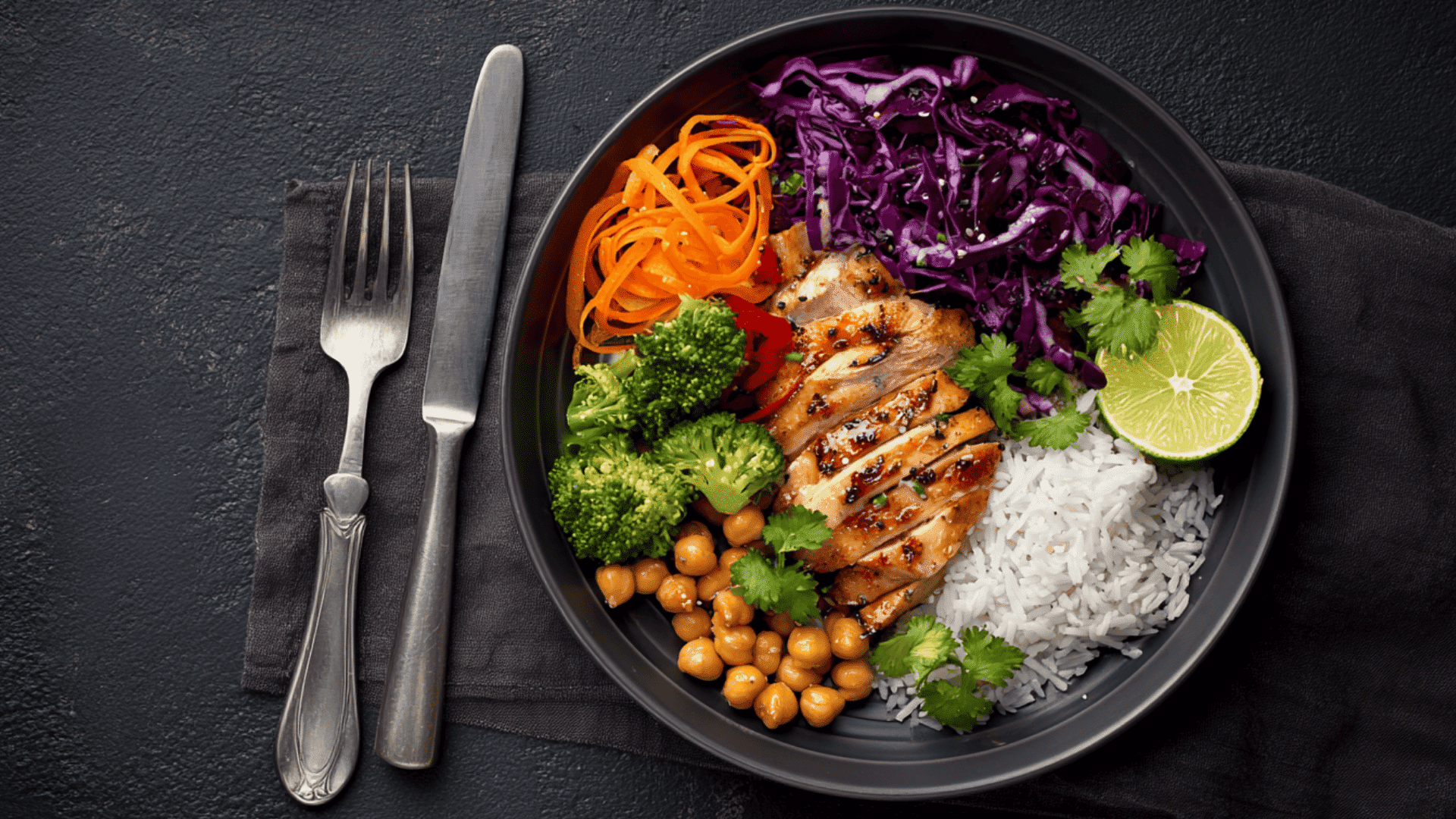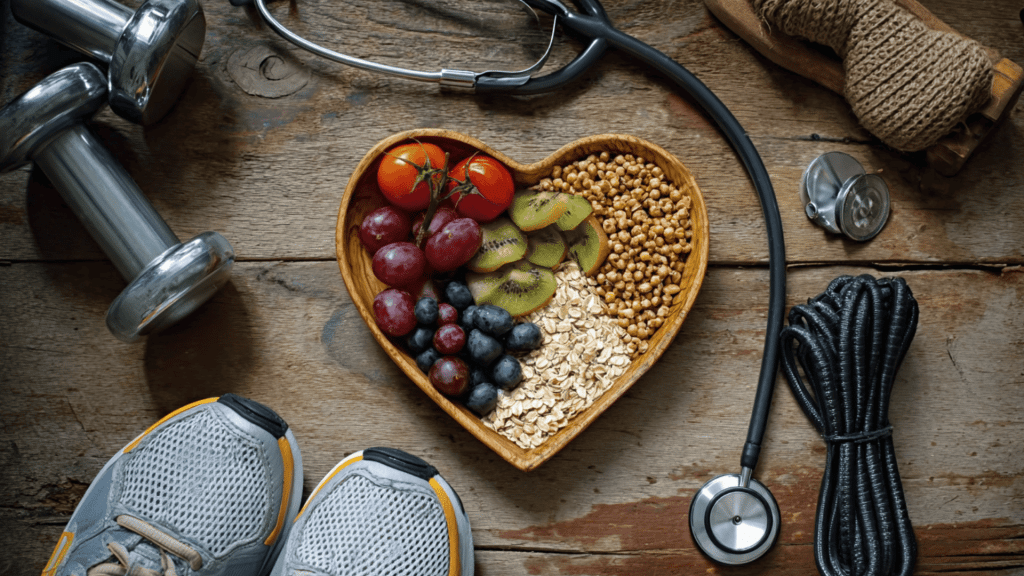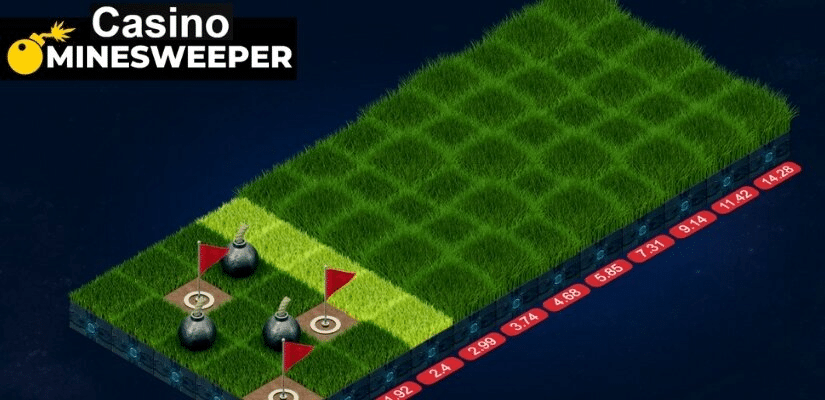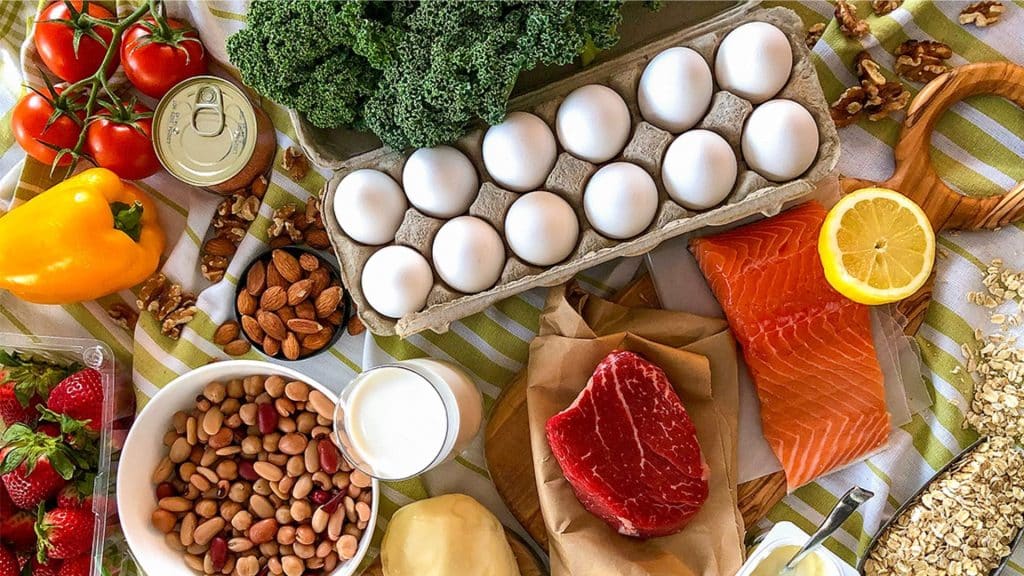Playing soccer at your best takes more than just practice and skill.
Soccer nutrition plays a huge role in how well you perform on the field. The right foods give you energy to run for 90 minutes, help you recover faster after games, and keep you strong all season long.
Many players don’t realize that what they eat can be their secret weapon. Good nutrition helps you sprint faster, jump higher, and stay focused during important moments.
Smart eating habits also help prevent injuries and promote overall health.
Why Soccer Nutrition Matters
Soccer is one of the most demanding sports globally. Players run approximately 7 miles during a single game, involving a lot of sprinting, jumping, and quick direction changes.
Your body needs the right fuel to handle all this activity.
Good soccer player diet choices provide steady energy throughout the match, aid in muscle recovery, and reduce the risk of injury.
When you eat right, you feel stronger, think clearly, and can play your best for the entire game. The importance of soccer nutrition becomes clear when you see how much better you perform with proper fuel.
Core Nutrients for Soccer Players

Soccer players need specific nutrients to perform at their peak. Each nutrient plays a distinct role in maintaining your body’s optimal functioning during training and games.
1. Carbohydrates: The Primary Fuel
Carbohydrates are your body’s main energy source, especially in intense activities like soccer. They supply quick energy for sprints and steady power during the game.
The best carbs for soccer players are rice, oats, pasta, and fruits like bananas and apples. Eat carb-rich meals 3-4 hours before games, and use quick carbs, such as energy gels, at halftime if needed.
2. Protein: Muscle Repair and Strength
Protein for soccer players helps build and fix muscles after tough workouts and games. Your muscles get tiny tears during exercise, and protein helps repair them to make you stronger.
Great protein sources include chicken, fish, eggs, beans, and Greek yogurt. Eat protein within 30 minutes after training to help muscles recover faster and reduce soreness.
3. Healthy Fats: Long-Term Energy
Fats provide energy that lasts longer than carbs, which is ideal for endurance sports like soccer. Good fats also help your body absorb essential vitamins and maintain healthy joints.
Choose healthy fats, such as avocados, nuts, olive oil, and salmon. Avoid fried foods and processed snacks with bad fats, which can make you feel sluggish and slow on the field.
4. Hydration: The Unsung Hero
Hydration for soccer players is just as important as eating the right foods. Even losing 2% of your body water can cause fatigue and sluggishness.
Drink water throughout the day, not just during games. Sports drinks are helpful during long, intense matches because they replace lost electrolytes.
Game-Day Soccer Nutrition Plan
Game-day nutrition timing is crucial for achieving peak performance. Plan your meals and snacks carefully to have maximum energy when you need it most.
1. Pre-Game Meals (3-4 hours before)
Your pre-game meal should primarily consist of carbohydrates, some protein, and minimal fat and fiber. Good choices are pasta with tomato sauce and chicken, rice with vegetables and fish, or oatmeal with fruit and yogurt.
A pre-game meal for soccer players should consist of foods you’ve eaten before and know your stomach can handle. Avoid trying new foods on game day to prevent stomach problems.
2. Pre-Match Snacks (1-2 hours before)
If you need a snack closer to game time, opt for something light and easy to digest. Good choices include a banana with peanut butter, a granola bar, or toast with honey.
These snacks provide a quick energy boost without leaving you feeling too full. Drink water with your snack, but avoid drinking too much before playing to prevent discomfort.
3. Fuel During the Match
During long games or tournaments, you might need extra energy at halftime. Orange slices, sports drinks, or energy gels are effective options because they’re easy to digest and provide quick energy.
Keep it simple and small – your body is focused on playing, not digesting food. Many professional players eat dates or drink diluted sports drinks during breaks in play.
4. Post-Game Recovery Nutrition
The 30 minutes after your game is the best time to start recovery. Post-match recovery food should combine carbs and protein in a 3:1 ratio.
Chocolate milk is a perfect example – it has both nutrients your muscles need. Other good options include a turkey sandwich, yogurt with fruit, or a protein smoothie with banana and berries.
Everyday Soccer Nutrition Tips
Daily eating habits build the foundation for great performance on the field. Consistent nutrition helps maintain steady energy levels and enables your body to adapt to the demands of training.
- Never skip breakfast – it jumpstarts your metabolism for the day
- Eat small meals every 3-4 hours to maintain steady energy levels
- Choose smart snacks like nuts, fruits, or yogurt between meals
- Limit processed foods and sugary drinks that cause energy crashes
- Match your meals to your training intensity and schedule
These simple daily soccer nutrition tips and diet plan strategies will keep you properly fueled. Remember that consistency matters more than perfection in your eating habits.
Supplements: Do Soccer Players Need Them?
Most soccer players can obtain all their necessary nutrients from whole foods, but some supplements may be beneficial in specific situations.
| Supplement | Benefits | When to Use | Safety Notes |
|---|---|---|---|
| Protein Powder | Muscle recovery | Post-workout convenience | Safe for most people |
| Creatine | Improved sprinting power | During strength training | Follow dosage instructions |
| Electrolytes | Better hydration | Hot weather games | Choose low-sugar options |
| Multivitamin | Fill nutrition gaps | Poor diet periods | Not a food replacement |
Soccer supplements should never replace real food in your diet. Whole foods provide nutrients in the best form for your body to use.
Note: Always talk to a doctor or nutritionist before starting any supplement, especially if you’re under 18 years old.
Common Soccer Nutrition Mistakes
Even dedicated players make nutrition errors that hurt their performance. Avoid these common pitfalls to play your best.
- Skipping meals before training sessions leads to low energy and poor performance
- Relying on energy drinks instead of real food causes energy crashes later
- Not drinking enough water throughout the day affects concentration and stamina
- Eating too much right before games causes stomach discomfort during play
- Ignoring post-game nutrition slows down recovery and muscle repair processes
Avoid these common pitfalls to play your best.
Conclusion
Soccer nutrition is your secret weapon for improved performance, faster recovery, and reduced risk of injury.
The right combination of carbs, protein, healthy fats, and proper hydration fuels your body like a high-performance machine.
Start with small changes, such as eating a nutritious breakfast, staying hydrated throughout the day, and planning your pre-game meals.
Remember that good nutrition habits take time to develop, so be patient with yourself as you learn. Every meal is a chance to fuel your soccer dreams and reach your full potential on the field.
What’s your favorite pre-game meal that gives you energy? Share your nutrition tips in the comments below!





































